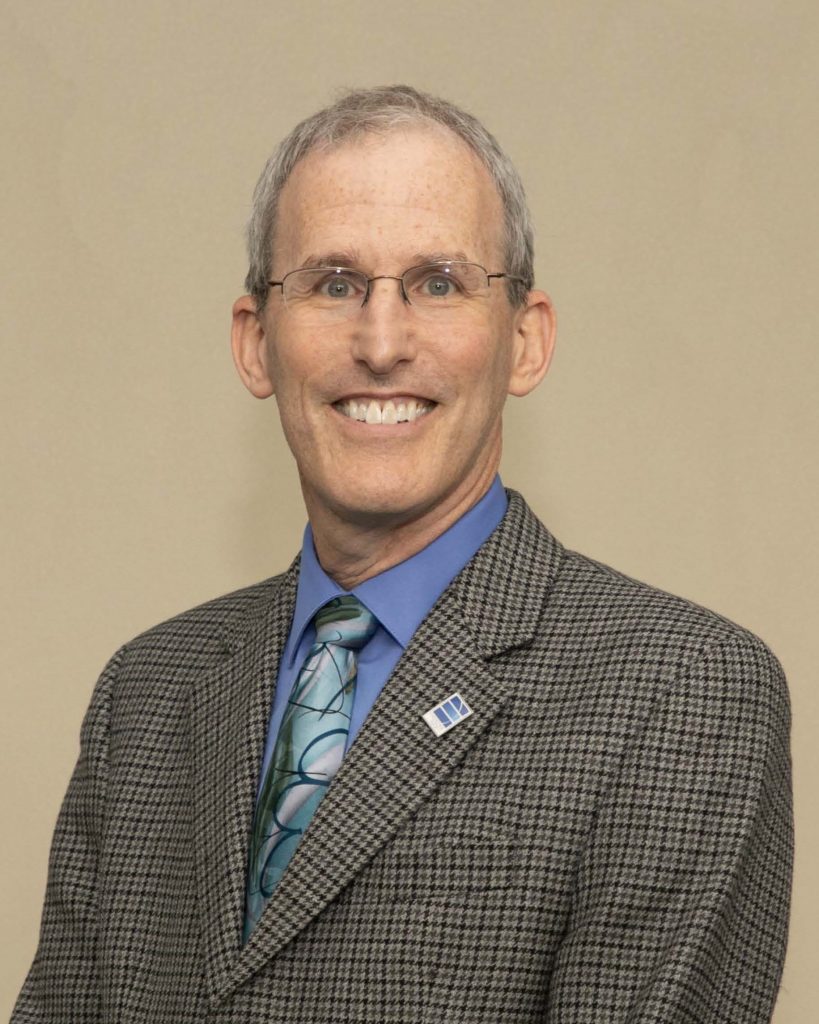
Like many of you, one factor that sparked my love of endocrine science and clinical care was observing firsthand my mentors’ passion for the subject. In fact, I can say without a doubt that a month on the inpatient service at the San Francisco VA Hospital with Dolores Shoback was the turning point that steered me toward endocrinology. Hers and others curiosity about the way hormones work proved contagious and led me to develop my own fascination with the endocrine system.
We need to find new ways to nurture our passion for our work. It is all too easy for bureaucratic tasks and unwieldy schedules to dampen the excitement we feel for our field. Burnout is a real challenge for clinicians. Medscape’s 2023 survey found that 37% of female and 27% of male endocrinologists reported feeling burned out. An additional 20% of female and 15% of male endocrinologists reported feeling both burned out and depressed.
We cannot allow burnout to go unchecked. We must do everything possible to bolster our members’ career satisfaction, which will in turn benefit our patients. If more experienced endocrinologists step away from full-time practice and early-career professionals fail to take their places, patients will have to wait longer for appointments with specialists. More work will remain for those who are left to provide care.
Burnout is having a real impact on our leadership pipeline. When medical students and residents planning their career paths see their attendings struggling with intense schedules and poor job satisfaction, who can blame them for choosing other specialties? We need to address the factors that are contributing to this dissatisfaction — among both our current and future workforce.
The Endocrine Society’s leadership recognizes that we must move beyond sending out surveys and start taking action to address this challenge. With this in mind, I am forming a task force to evaluate ways we can drive change to improve job satisfaction.
Our task force will include the voices of early-career endocrinologists as well as senior clinicians. It will include endocrinologists in academia and private practice. Finally, it will include endocrinologists in rural and urban settings. Having a diverse task force membership with multiple points of view will be critical toward coming up with actionable items that we can make to improve our well-being.
Burnout is having a real impact on our leadership pipeline. When medical students and residents planning their career paths see their attendings struggling with intense schedules and poor job satisfaction, who can blame them for choosing other specialties? We need to address the factors that are contributing to this dissatisfaction — among both our current and future workforce.
Although burnout is not unique to endocrinology, I see potential for our task force to consider ways we are uniquely affected. More importantly, we need real-world solutions that can start making a rapid difference. Therefore, the goal is for our task force to present concrete recommendations to our Board of Directors at ENDO 2024 in June 2024.
While the task force will focus on solutions for clinical burnout, we need to recognize that similar issues affect other professionals in our field. Endocrine researchers, for instance, face the burden of grant writing and administrative tasks that pull them away from science. I hope that, by offering solutions to improve clinical efficiencies, our task force recommendations will also help improve job wellness for individuals in a variety of positions within endocrinology.
I would welcome your ideas for ways to tackle this important issue. Feel free to contact me at [email protected] to share your ideas and suggestions. We need the commitment of our entire community to address burnout and improve workplace satisfaction.

